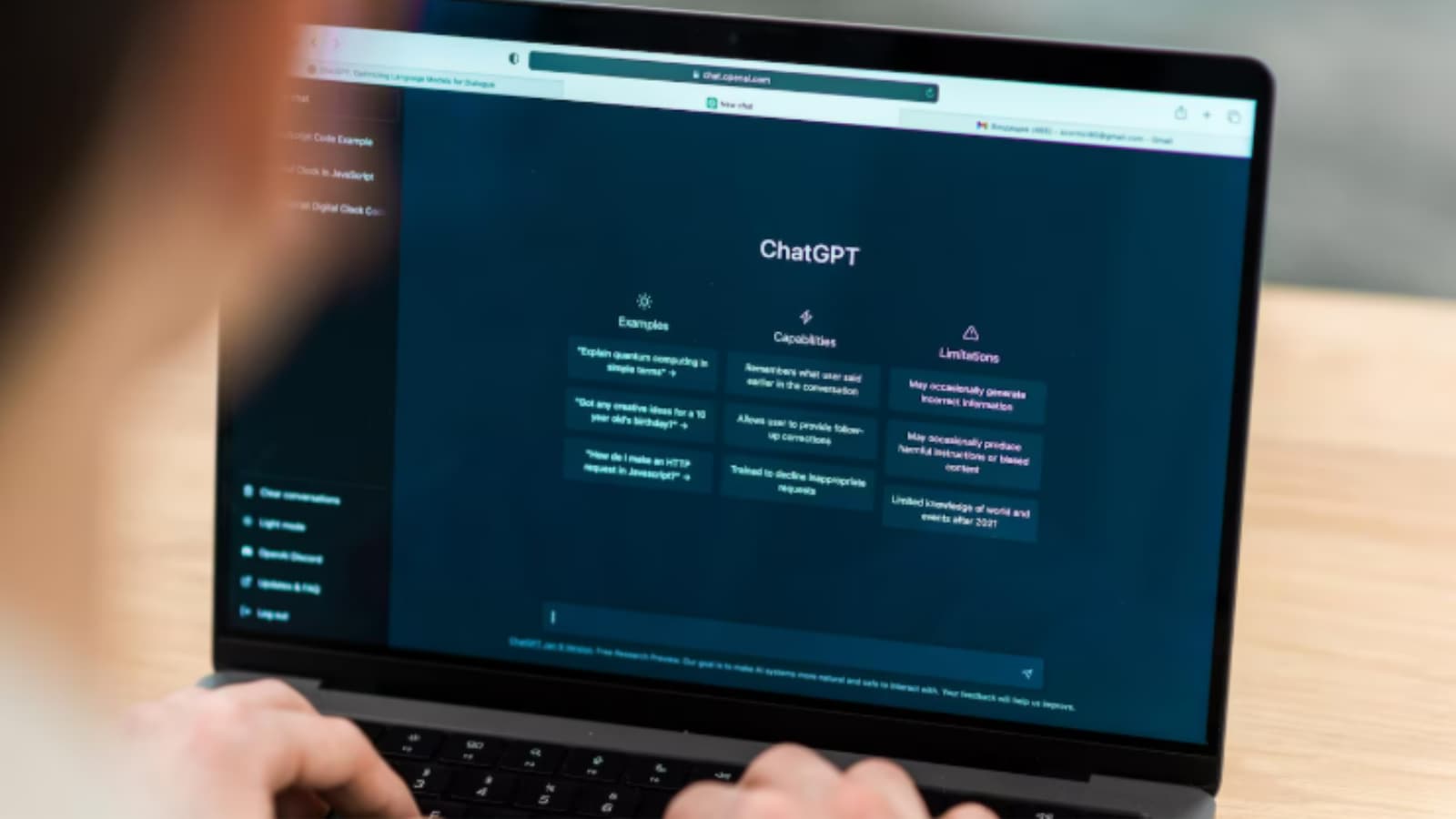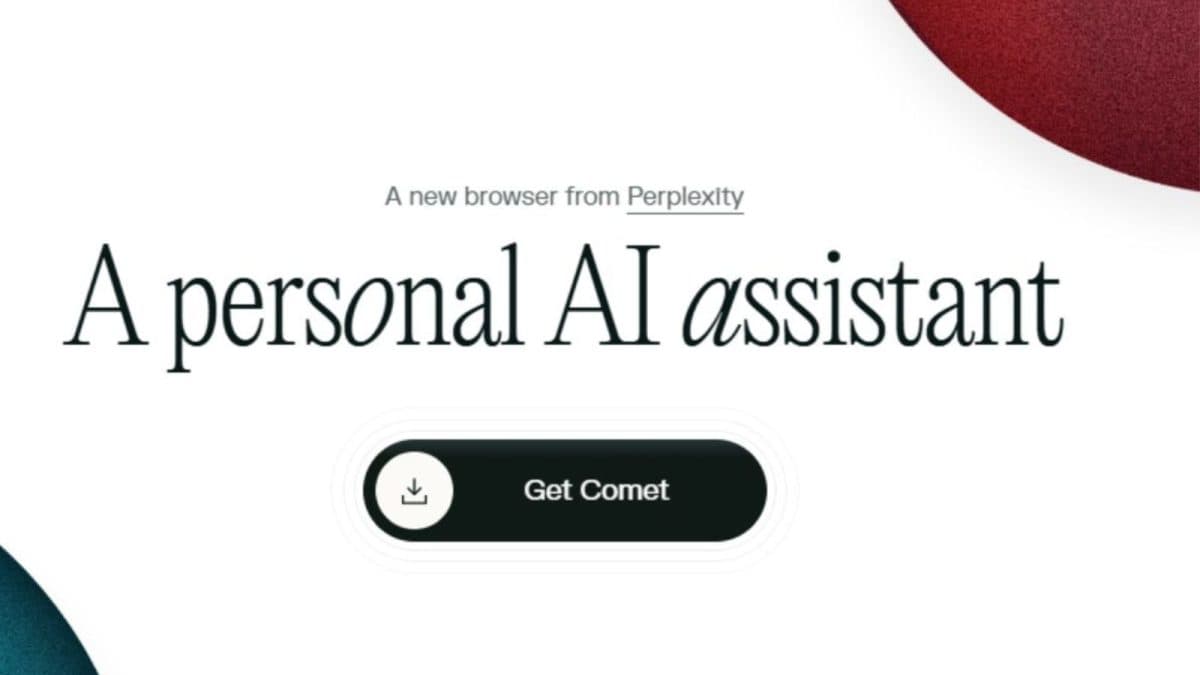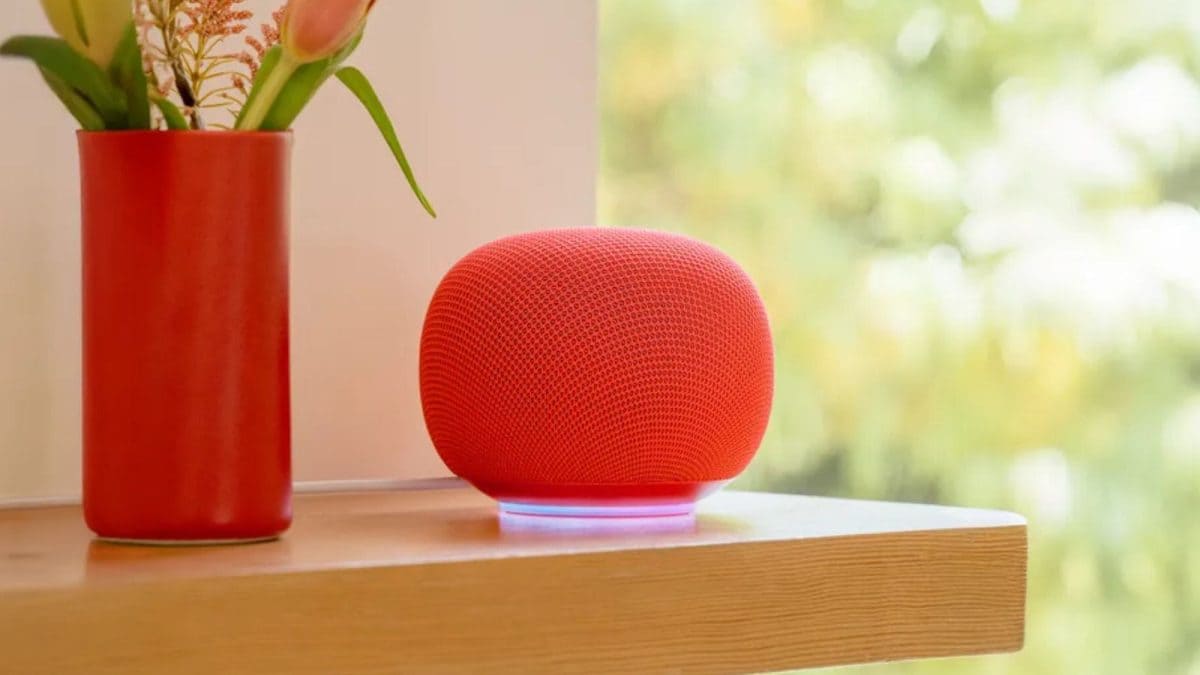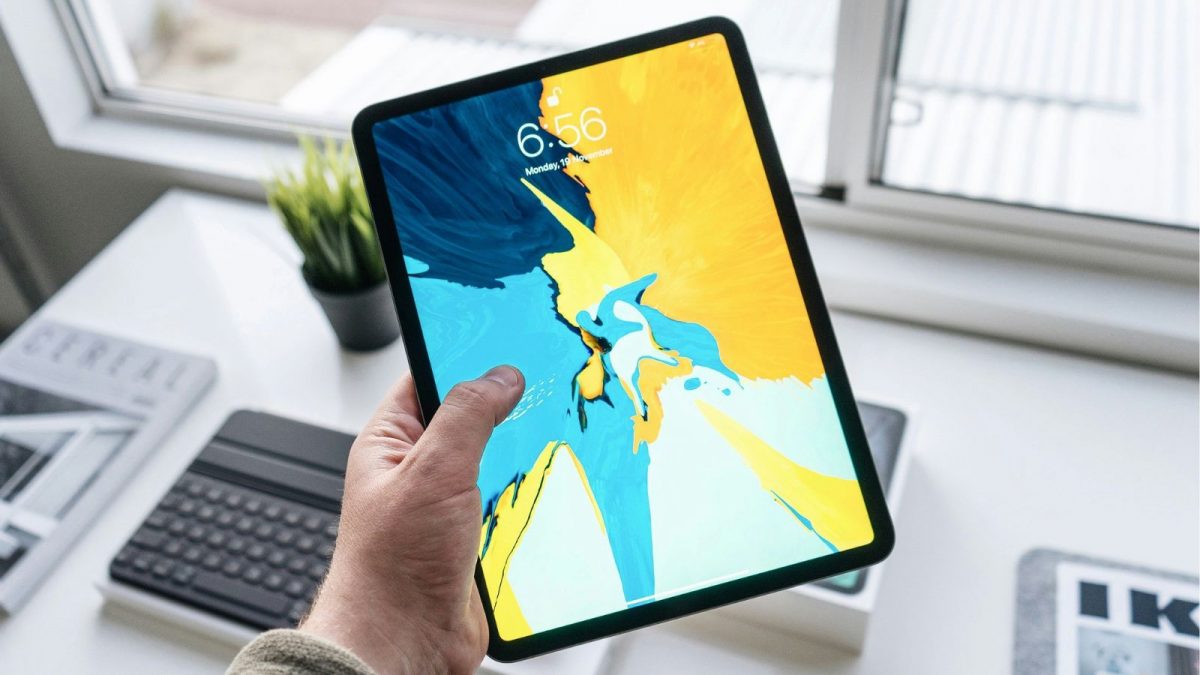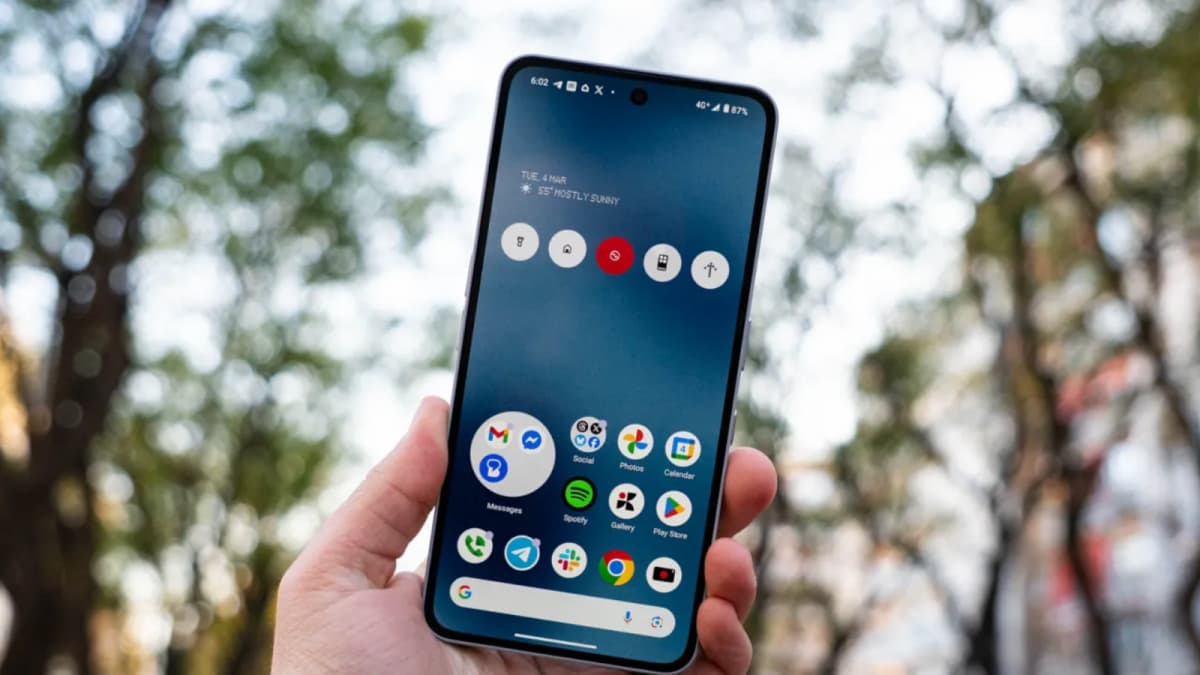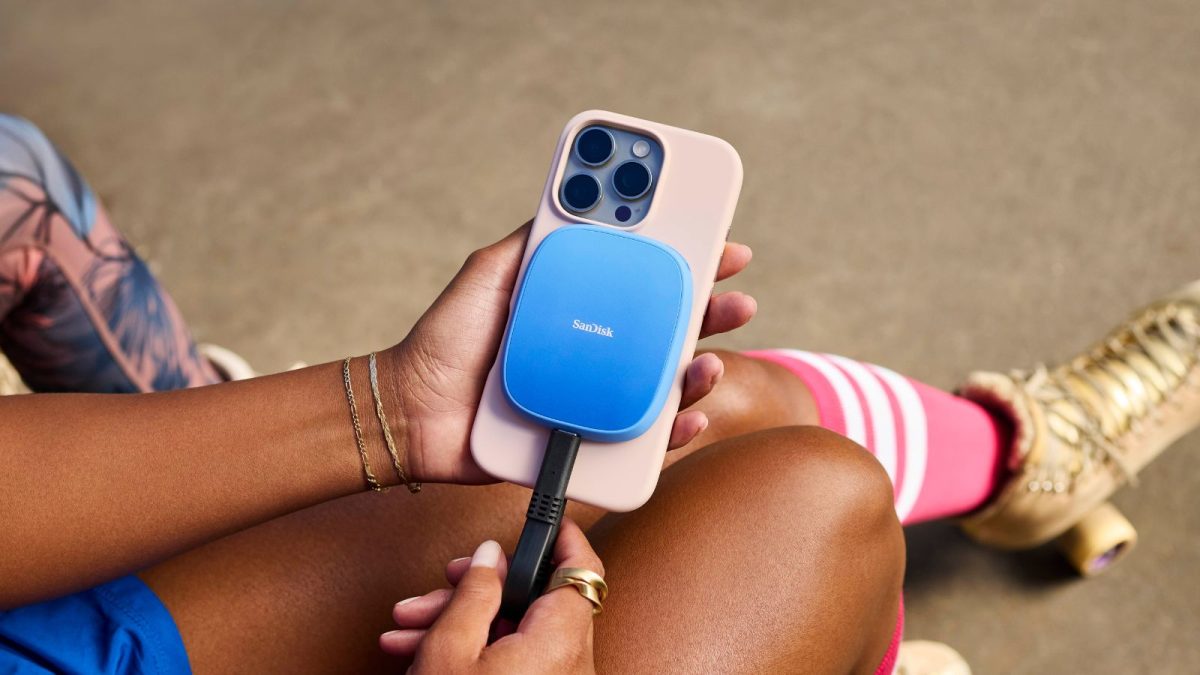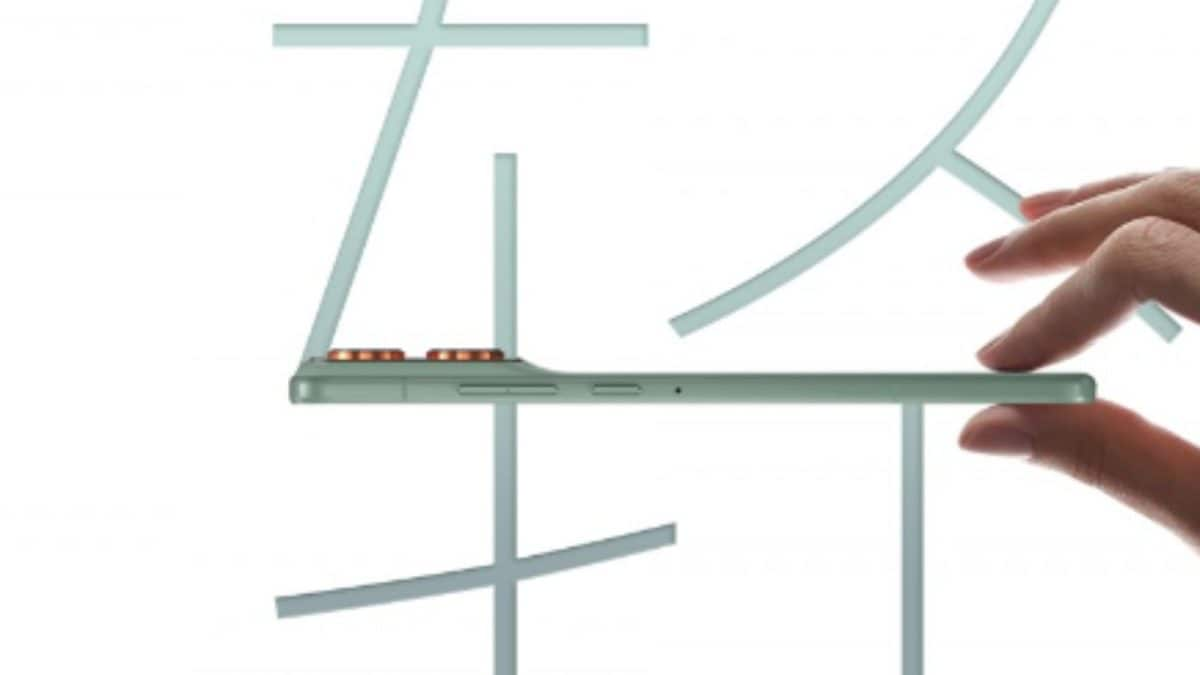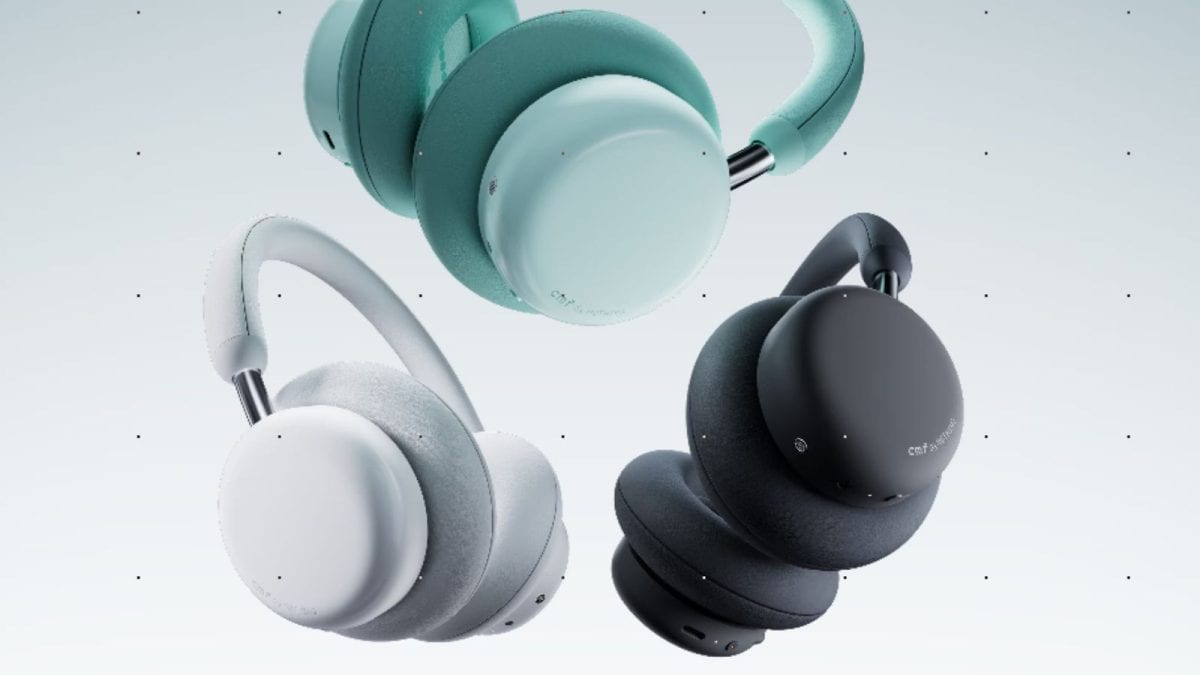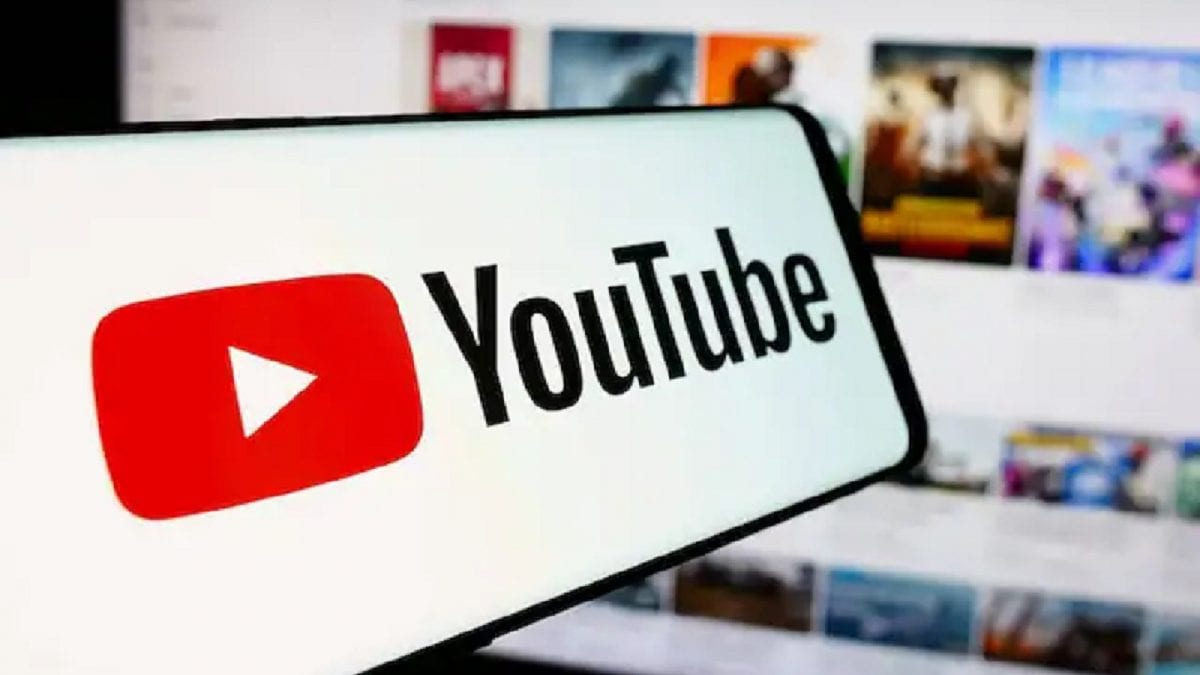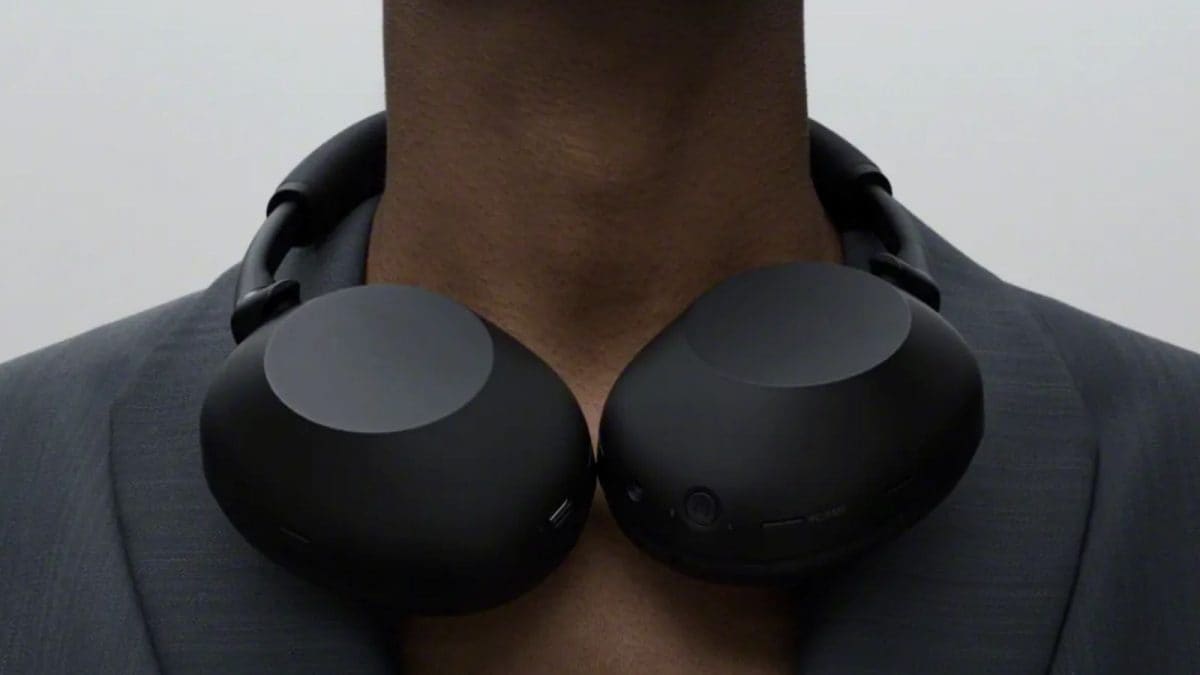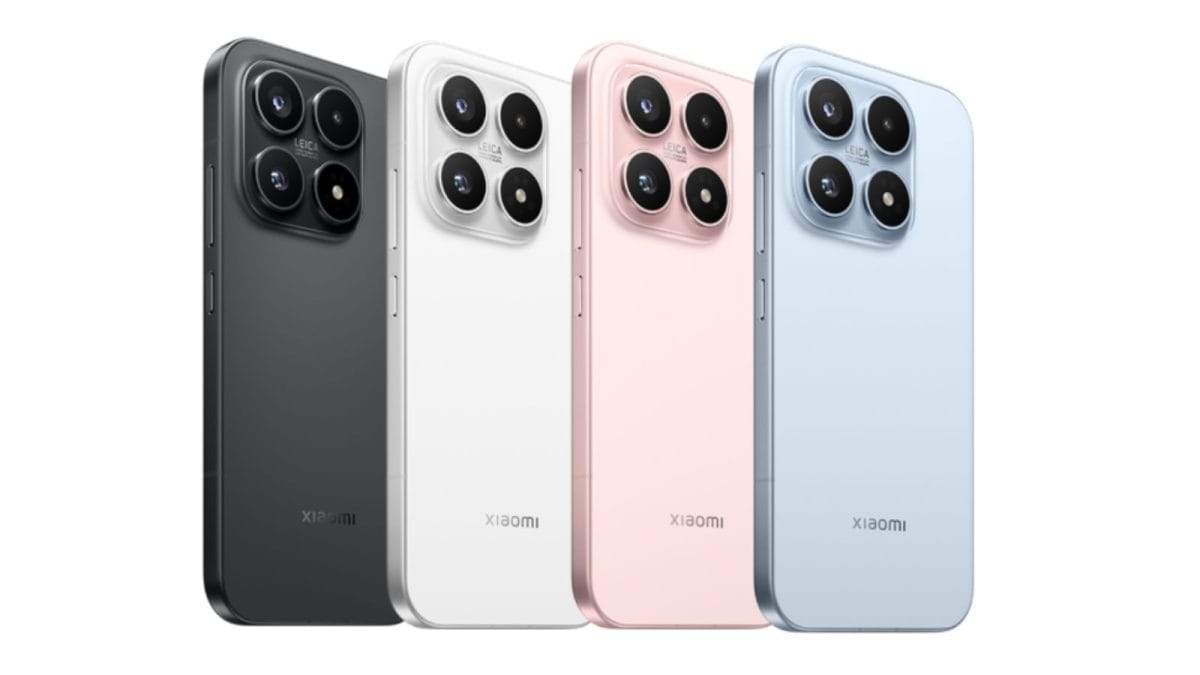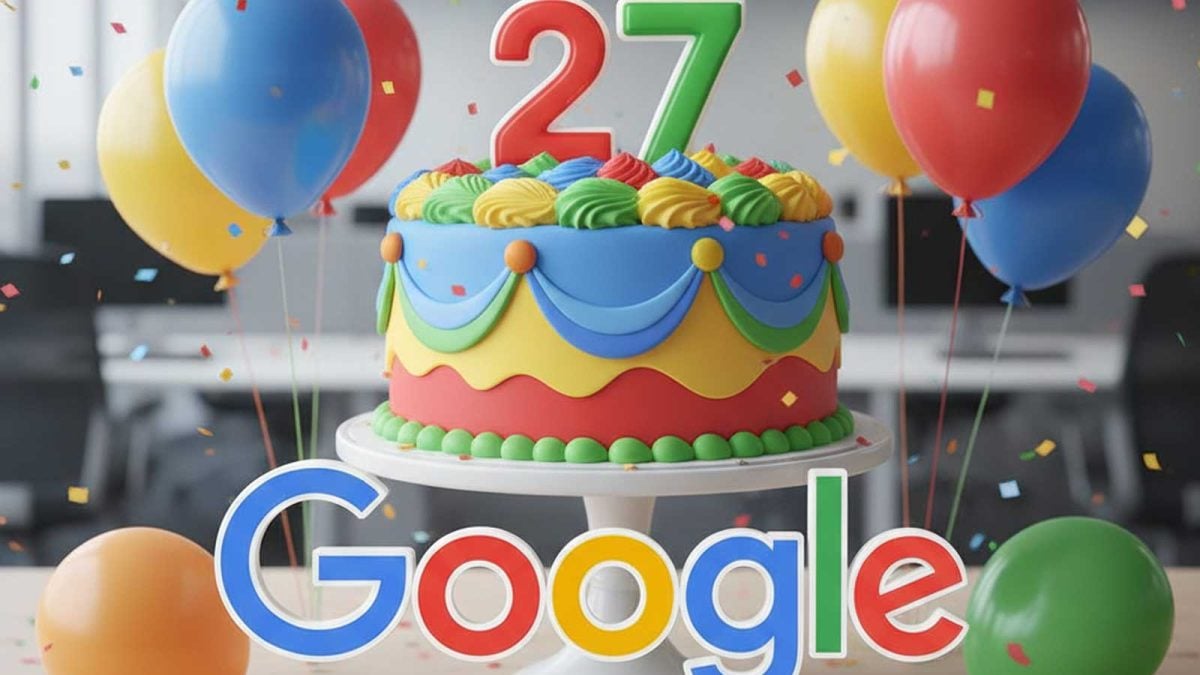Last Updated:August 12, 2025, 20:14 IST
Google is now backing an industry coalition called the Browser Choice Alliance (BCA), which counts Opera, Vivaldi, and other smaller browser developers among its members

Google has challenged Microsoft's AI strategy with Browser Choice Alliance.
Nearly a quarter century after it was accused of using its dominance in the personal computer market to push Internet Explorer onto millions of users, Microsoft once again finds itself at the centre of a browser war. The company had faced a bruising antitrust battle in the late 1990s, a case it ultimately lost, and spent years rebuilding its image.
Now, under CEO Satya Nadella’s leadership and powered by an aggressive artificial intelligence strategy, Microsoft has returned to the top ranks of the tech industry. But this time, the challenger is Google, and the roles have reversed.
Google is now backing an industry coalition called the Browser Choice Alliance (BCA), which counts Opera, Vivaldi, and other smaller browser developers among its members. The group’s mission is to pressure Microsoft to stop what it claims are unfair tactics to promote the Edge browser through Windows.
While BCA has multiple participants, Google is its largest financial backer, an unsurprising fact given that browser dominance directly affects Google’s control over the search market.
According to the alliance, Microsoft is once again using its operating system to give Edge an edge, this time by leveraging AI. Microsoft has integrated its AI-powered “Copilot" assistant directly into Edge, offering features ranging from tab management to task automation. The BCA claims this integration is paired with “dark patterns", subtle interface choices that make it harder for users to switch browsers. These reportedly include warning messages when downloading competitors’ browsers and system resets that restore Edge as the default.
The stakes are high because the AI race is increasingly being fought on desktop and laptop computers. While smartphones dominate daily usage, the desktop remains the tool of choice for professional and productivity-heavy work. Microsoft’s approach appears aimed at making Edge the go-to “AI browser" before rivals can catch up.
Regulatory pressure is mounting. In Europe, the BCA has filed complaints alleging Microsoft is skirting new competition rules, while in Brazil, Opera has lodged a formal grievance accusing the company of harassing users who try to switch browsers.
The irony is not lost on industry observers. Google, which itself has faced criticism for aggressively promoting Chrome, is now championing “fair competition" in the browser market. BCA members argue that genuine rivalry benefits both consumers and the broader tech sector.
In the late 1990s and early 2000s, Internet Explorer reigned supreme after being bundled with Windows starting in 1995. By 2002, its market share exceeded 95 percent, but complacency and lack of innovation left it vulnerable. Mozilla Firefox’s launch in 2004 dealt the first blow, and Google Chrome’s debut in 2008 finished the job. Chrome’s speed, minimalist design, and developer-friendly features propelled it past IE by 2012, and today it holds more than 60 percent of the global market.
News18 Tech delivers the latest technology updates, including phone launches, gadget reviews, AI advancements, and more. Stay informed with breaking tech news, expert insights, and trends from India and around the world. Also Download the News18 App to stay updated!
view commentsLocation : First Published:August 12, 2025, 20:14 IST
News tech Microsoft Edge Vs Google Chrome: How The 90s Browser War Is Back With An AI Twist
Disclaimer: Comments reflect users’ views, not News18’s. Please keep discussions respectful and constructive. Abusive, defamatory, or illegal comments will be removed. News18 may disable any comment at its discretion. By posting, you agree to our Terms of Use and Privacy Policy.
Read More

 1 month ago
1 month ago

